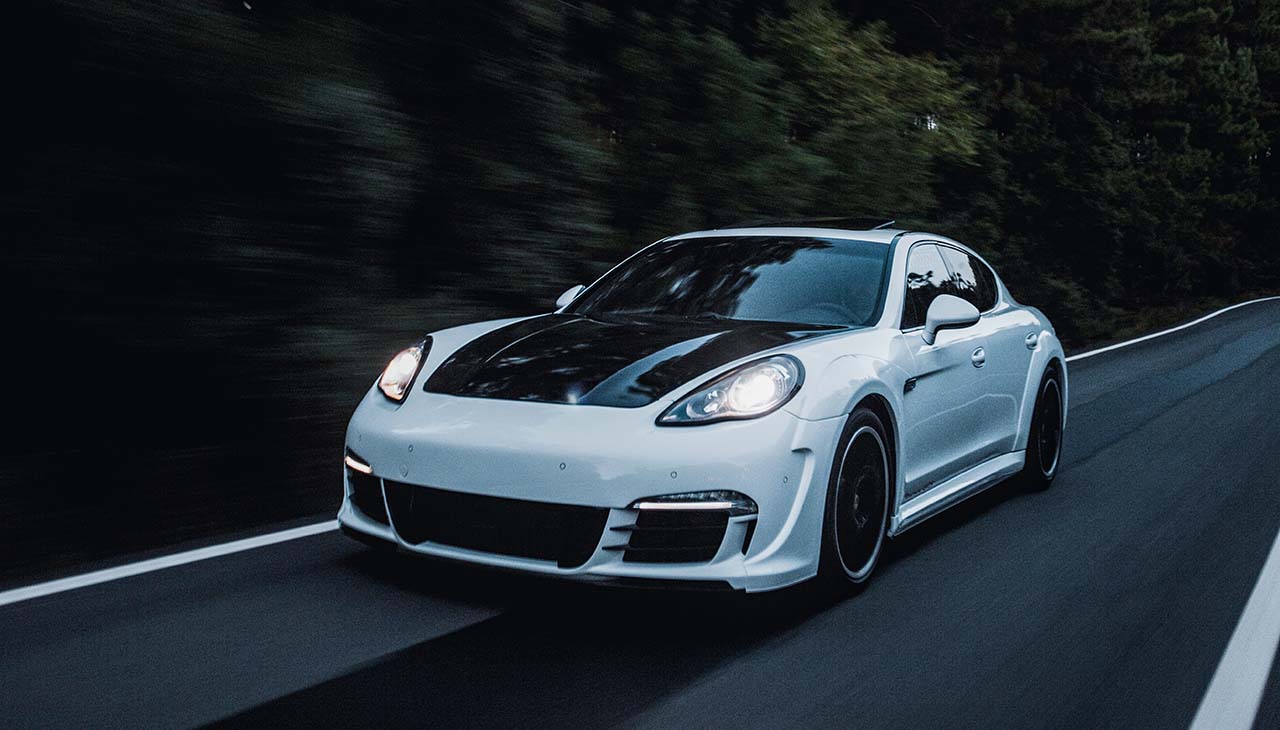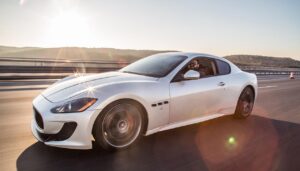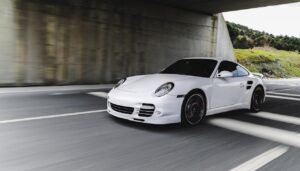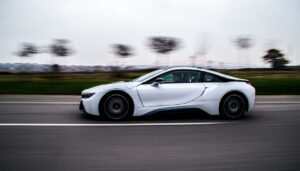
Porsche, a bastion of automotive excellence, is charting a bold course towards an electrified future. As global trends shift towards sustainability, Porsche is rising to the occasion, delivering an impressive lineup of electric vehicles (EVs) that combine their iconic styling and performance with cutting-edge technology. This article will explore the exciting prospects ahead as we step into the era of Porsche’s electric revolution.
Current Electric Models
Taycan: The Electric Powerhouse
The Porsche Taycan, the brand’s first all-electric sports car, is a testament to Porsche’s commitment to sustainability without compromising performance. Available in multiple variants, the Taycan Turbo S, being the top-of-the-line variant, boasts an impressive 750 horsepower with overboost, capable of reaching 0-60 mph in a mere 2.6 seconds. The Taycan’s impressive power is complemented by a range of up to 227 miles per charge. Equipped with cutting-edge 800-volt architecture and the ability to use 270 kW DC fast chargers, the Taycan can replenish its battery to 80% in just 22.5 minutes.
Macan EV: The Future of Sporty SUVs
On the horizon, Porsche is electrifying their popular Macan SUV. The upcoming Macan EV is expected to usher in a new era of electric SUV performance, thanks to Porsche’s 800-volt architecture derived from the Taycan. While specific performance figures have yet to be revealed, the Macan EV is expected to showcase a range exceeding the Taycan, furthering Porsche’s commitment to combining exhilarating performance and practical range in their electric offerings. With state-of-the-art technology features like seamless connectivity, comprehensive driver assistance systems, and immersive infotainment, the Macan EV is poised to set new benchmarks in the electric SUV segment.
Expansion of Electric Lineup
In the coming years, Porsche plans to significantly expand its electric lineup. The brand has announced that by 2025, more than half of its vehicles sold will be either fully electric or hybrid models. One of the most anticipated offerings is the all-electric version of the immensely popular 911, which is sure to satiate the appetite of performance enthusiasts seeking the thrill of an electric powertrain.
Speculations abound regarding potential new electric models that Porsche might introduce to cater to market demands. There are strong indications towards an electric variant of the Cayenne, Porsche’s flagship SUV, considering the rising demand for electric SUVs. This move would seemingly align with Porsche’s strategy of electrifying their most popular models. Another hotly speculated model is an all-electic Boxster. A smaller, nimble, and affordable sportscar, an electric Boxster could be a game-changer, making Porsche’s electric performance accessible to a wider audience. While these are speculations, the certainty is that Porsche is committed to a future where performance and sustainability go hand in hand.
Technological Advancements
A crucial aspect of Porsche’s evolution into the electric vehicle market is its substantial investment in research and development, particularly in the areas of battery technology and charging infrastructure. Porsche’s engineers are working tirelessly on enhancing battery efficiency and energy density, allowing for longer ranges and shorter charging times. The brand’s current 800-volt architecture is a testament to this, as it not only improves charging efficiency but also reduces weight and increases performance.
As part of its electrification strategy, Porsche is also committed to improving charging infrastructure. The company plans to ensure its electric vehicles can be conveniently charged at home, at work, and on the go. To achieve that, Porsche is investing in high-speed charging networks, like the Ionity network in Europe which provides 270 kW charging at numerous points across the continent.
On the road, Porsche is integrating advanced driver-assistance systems (ADAS) to bolster safety and convenience. Features such as adaptive cruise control, lane-keep assist, and automatic emergency braking are becoming standard fare in Porsche’s electric models. Moreover, Porsche’s pursuit of autonomous driving is apparent, with the brand investing in Lidar technology and machine learning to develop cars that can navigate traffic and complex road networks with minimal human intervention. These advancements, combined with Porsche’s commitment to performance and design, underpin its vision of an electrified, sustainable future.
Environmental Impact
Porsche’s commitment to sustainable mobility goes far beyond the development of electric vehicles; it’s a holistic approach that encompasses every facet of their operation. Recognizing that a substantial portion of a vehicle’s carbon footprint is generated during the production process, Porsche is taking significant steps to enhance sustainability in manufacturing. The automaker is implementing measures such as energy-efficient production methods, waste reduction, and the use of renewable energy sources in its factories. Porsche’s factory in Leipzig, for instance, is powered entirely by renewable energy and has been carbon-neutral since 2021.
In a bid to further reduce its carbon footprint, Porsche is also exploring the use of sustainable materials in vehicle production. The emphasis is on utilizing recyclable materials wherever possible without compromising the high-quality standards associated with the brand. This commitment to sustainability in the production process underlines Porsche’s belief that the journey towards an environmentally friendly future involves much more than just switching to electric powertrains. It’s a comprehensive endeavor that requires significant changes to traditional manufacturing processes and a willingness to innovate and adapt.
Market Position and Competition
While Porsche blazes its trail in the luxury electric vehicle market, it faces strong competition from other renowned manufacturers. Tesla, for instance, is a pioneer in the electric vehicle domain, renowned for its long-range capabilities, innovative tech features, and robust charging network. Meanwhile, legacy automakers like BMW, Mercedes-Benz, and Audi are stepping up their game, introducing a range of luxury electric vehicles that blend traditional opulence with modern electric powertrains.
Yet, Porsche’s approach to electric mobility holds a distinctive edge. Its focus on performance is a key differentiator, appealing to driving enthusiasts who crave the adrenaline rush of sports cars. Porsche also excels in offering an unparalleled blend of luxury, comfort, and technology, manifested in its meticulous craftsmanship, high-end materials, and state-of-the-art tech features, like advanced driver-assistance systems.
Strategically, Porsche is actively investing in research and development to enhance battery technology and improve charging infrastructure. This not only ensures increased range and shorter charging times but also addresses one of the major concerns potential buyers have about electric vehicles. Moreover, Porsche’s commitment to sustainability, demonstrated through its carbon-neutral manufacturing and use of recyclable materials, adds to its appeal, especially among environmentally conscious consumers.
Porsche also aims to leverage its brand reputation and heritage. With a storied history in motorsports and a long-standing tradition of creating high-performance sports cars, Porsche is uniquely positioned to attract driving purists looking to transition to electric vehicles. By promising an electrified future without compromising on exhilarating performance, Porsche ensures it remains a prominent player in the luxury electric vehicle market.





